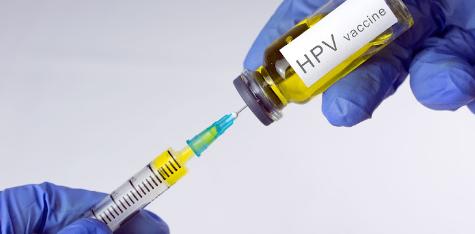Penis cancer, while rare, is seeing an increase in cases globally, with predictions suggesting a 77% rise by 2050. Developing countries traditionally have higher rates, but many European nations are also experiencing an uptick due to aging populations.
Key risk factors include age, with those over 50 being most vulnerable, along with conditions like a tight foreskin, poor genital hygiene, and smoking. Interestingly, circumcision at birth appears to reduce the risk significantly.
Most penis cancers originate from squamous cells, accounting for over 90% of cases, often linked to human papillomavirus (HPV) infections. HPV, commonly transmitted through sexual contact, is highly prevalent globally, affecting over 70% of sexually active adults.
While many infections resolve without complications, persistent HPV infections can lead to precancerous changes in the skin, potentially causing painless ulcers or warts.
HPV 16, a high-risk type, is particularly concerning as it can trigger malignant transformations in various tissues, including the penis. Despite the success of HPV vaccines in reducing cervical cancer rates, their impact on penis cancer may take longer to observe due to the extended latency period between infection and cancer development.
Diagnosis of penis cancer can be delayed due to stigma or embarrassment, leading men to self-medicate rather than seek medical help promptly. Additionally, medical misclassification of lesions can contribute to delays in treatment.
Early diagnosis is crucial as the spread of malignant cells to groin lymph nodes significantly reduces treatment success rates.
Efforts to improve awareness, reduce stigma, and enhance early detection are critical in combating the rising incidence of penis cancer worldwide.
Treatment
Cancerous tissue can often be effectively treated using laser or micro-surgery, sometimes complemented by chemotherapy or radiotherapy. However, certain tumors may not respond well to these treatments, potentially necessitating the amputation of the penis as a last resort.
According to a recent BBC report, Brazil has notably high rates of penis amputation, with nearly two cases reported daily. Nonetheless, promising advancements are emerging. Innovative approaches, such as engineered T cells designed to target HPV-infected cells and immunotherapies like tislelizumab, which enhance immune responses against squamous cell tumors, have shown efficacy in select cases.
Colin Michie, Deputy Lead at the School of Medicine, University of Central Lancashire, authored this article, originally published by The Conversation under a Creative Commons license.



